Joint issues can affect dogs of any age, size, or breed, but elderly dogs are especially vulnerable. During winter, the cold weather can exacerbate these problems, making it even more difficult for our aging dogs to move comfortably. As pet parents, it’s heartbreaking to witness our aging dogs struggle with joint pain and mobility challenges. Understanding how to care for their joints is crucial for ensuring they remain active, comfortable, and able to enjoy life with minimal pain.
Understanding Dog Joint Health
Joints play a vital role in your dog’s mobility and overall quality of life. The joint structure consists of several components, including cartilage, which protects the bone surfaces, and synovial fluid, which lubricates the joint. During exercise, this fluid nourishes the cartilage, keeping it healthy. However, as dogs age, their joint health can decline. Cartilage may wear down, and the production of synovial fluid can decrease, leading to less lubrication and reduced cushioning between the bones. This can result in stiffness, pain, and inflammation, making movement more difficult and potentially leading to conditions like arthritis.
Signs of Joint Problems in Elderly Dogs
In older dogs, keep an eye out for signs such as limping, difficulty getting up, reluctance to play, or stiffness after resting. If your senior dog becomes less active or struggles with climbing stairs, consulting your vet for a joint health evaluation is a good idea.
Early Detection and Prevention
Regular vet check-ups are essential for spotting joint problems early. Keeping your dog at a healthy weight and engaging in low-impact exercises like swimming can also help prevent joint issues.
Joint-Friendly Activities for Elderly Dogs
Gentle, regular exercise helps maintain your senior dog’s muscle strength without putting undue stress on aging joints. Short, frequent walks on soft surfaces, light play like fetch, and low-impact activities such as swimming are ideal for keeping your elderly dog active. Incorporating stretching exercises and massages can further enhance flexibility and circulation, ensuring your dog stays comfortable and mobile in their golden years.
Natural Remedies and Supplements for Elderly Dogs
Supplements such as glucosamine, chondroitin, and omega-3 fatty acids can help support joint health and reduce inflammation in senior dogs. Herbal remedies like turmeric and devil’s claw are also known for their anti-inflammatory benefits, providing additional support for aging joints.
Senior Hound tonic is a natural herbal supplement specifically designed to support aging dogs. It helps to keep the body and mind happy and active ultimately contributing to their overall happiness and well-being as they navigate the aging process.
Always consult your vet before adding supplements or natural remedies to ensure they’re appropriate for your dog’s specific needs.
Traditional Treatments
When natural remedies aren’t enough, traditional treatments may be necessary for managing joint pain. Non-steroidal anti-inflammatory drugs (NSAIDs) can offer significant relief for arthritis and other joint issues, but they should be used under veterinary supervision due to potential side effects. For more severe pain, corticosteroids may be prescribed, though long-term use requires monitoring. Surgery, such as joint replacement, is a last resort for severe cases.
Alternative therapies like acupuncture, physical therapy, and chiropractic care can also aid in pain relief and mobility improvement. Combining these treatments with proper diet, exercise, and regular vet care helps keep your dog comfortable and active.
It’s difficult to watch our dogs struggle with the challenges of aging, but by following these tips, we can help them stay comfortable and truly enjoy their golden years. Find more about Woof&Brew low cost Senior Hound dog supplement here
Photo by Alexandre Debiève on Unsplash
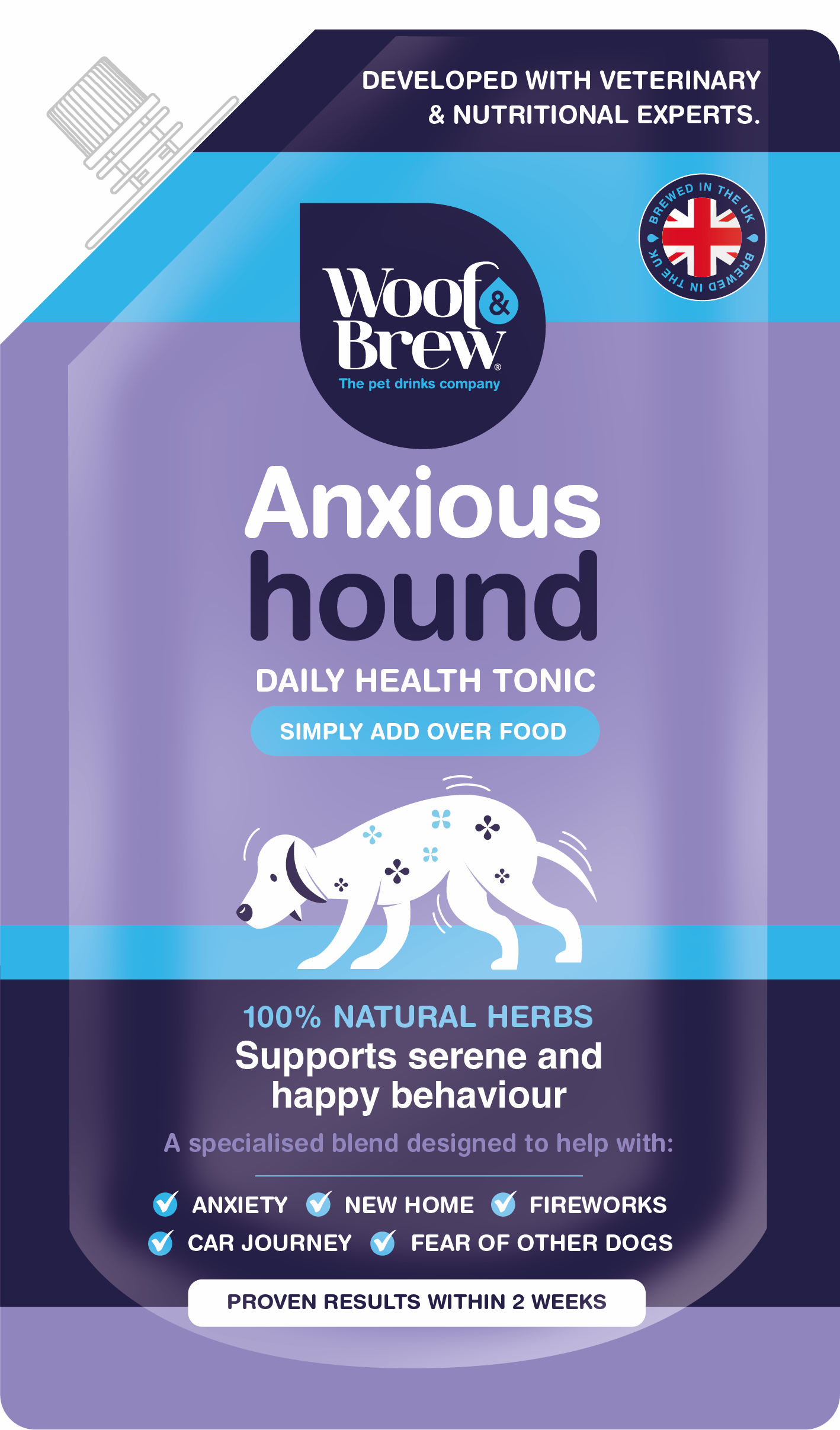
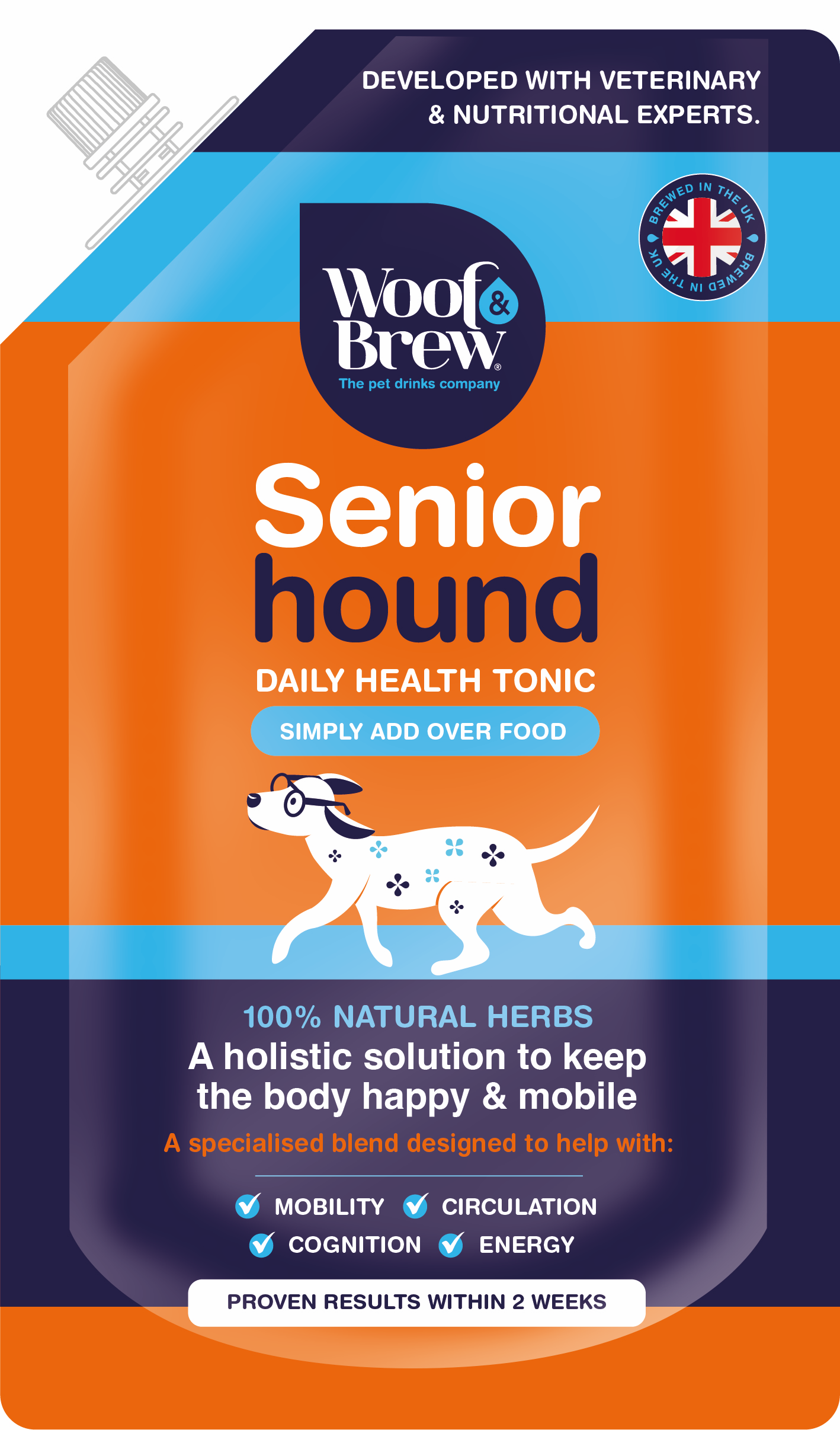
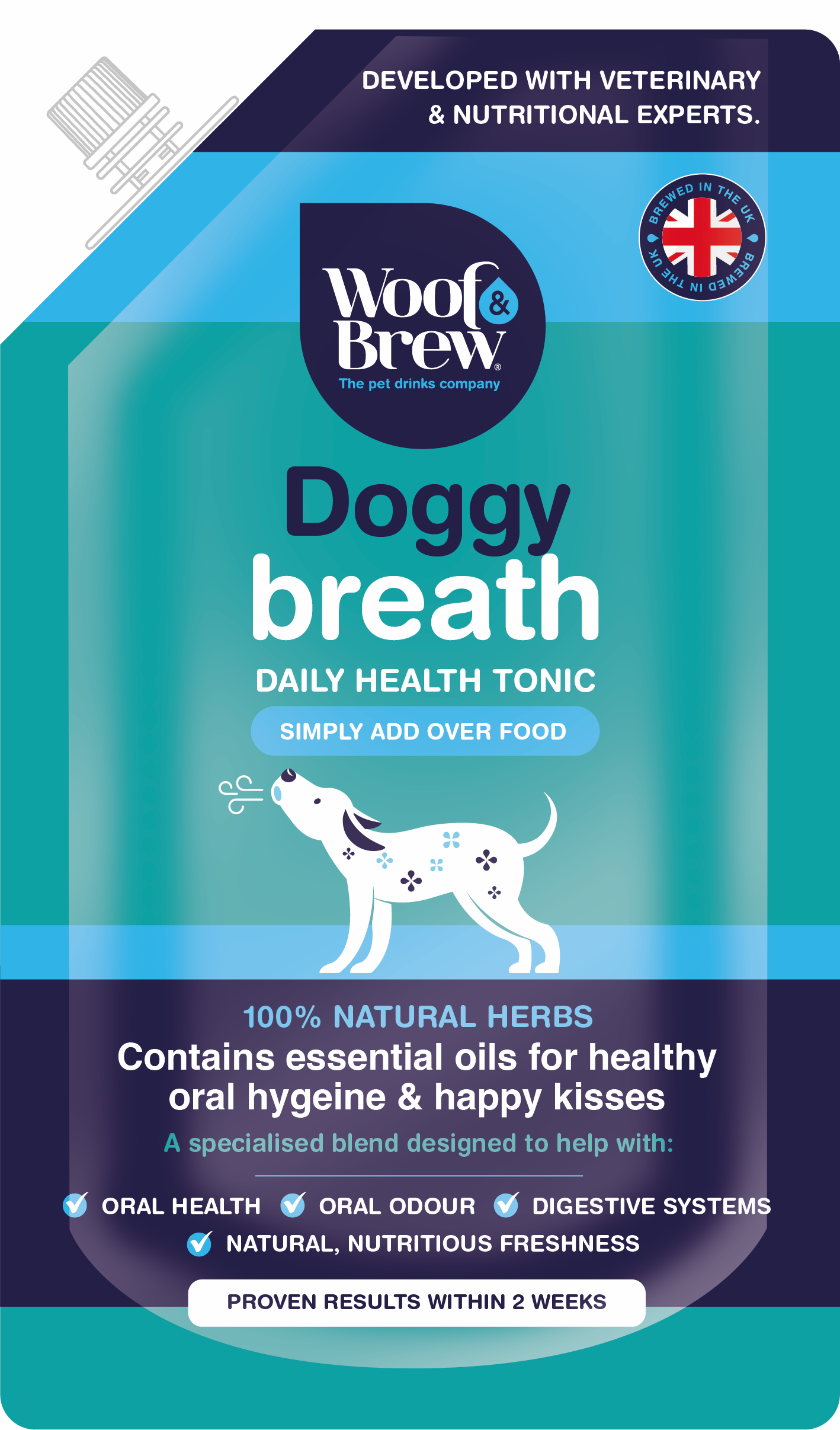
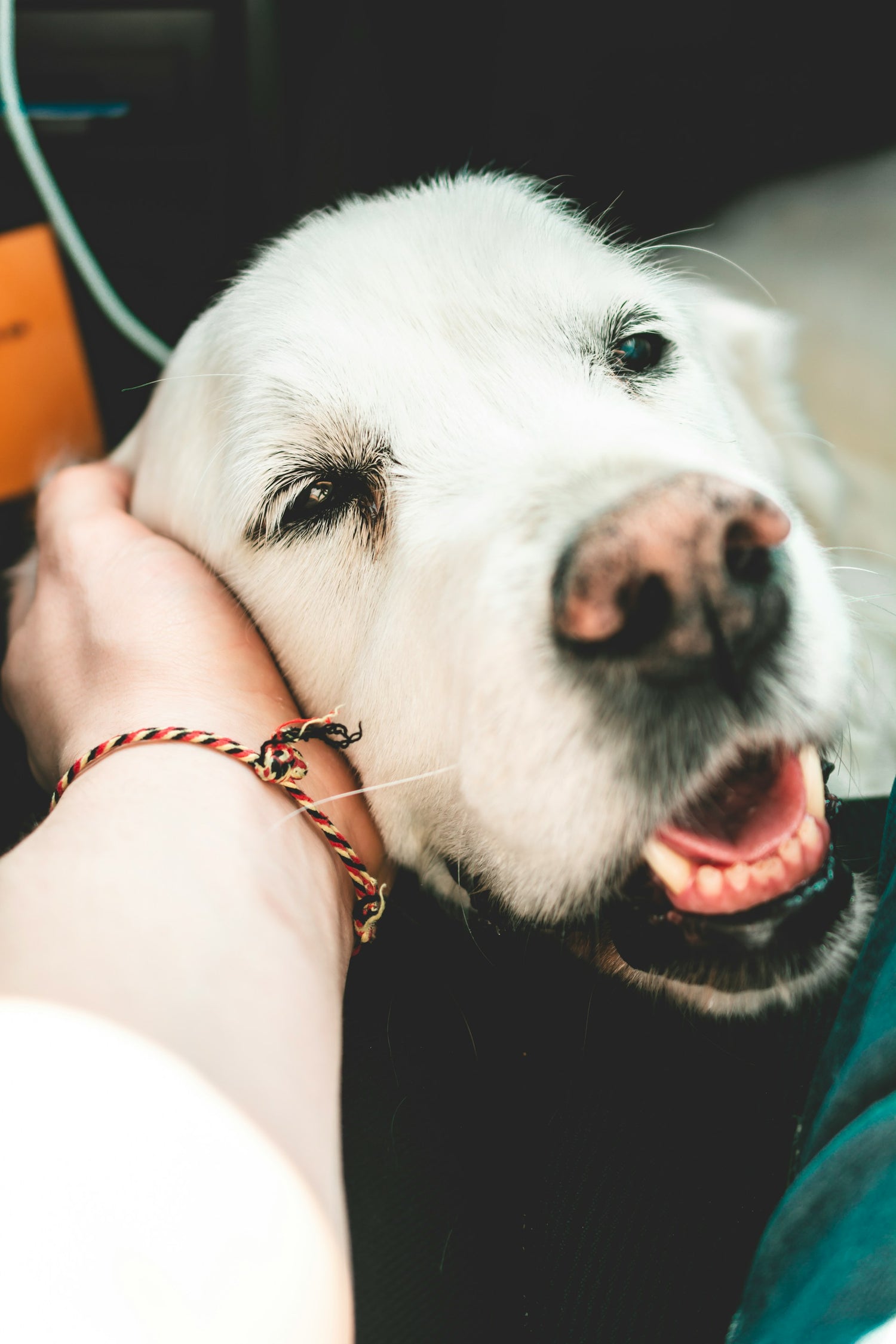

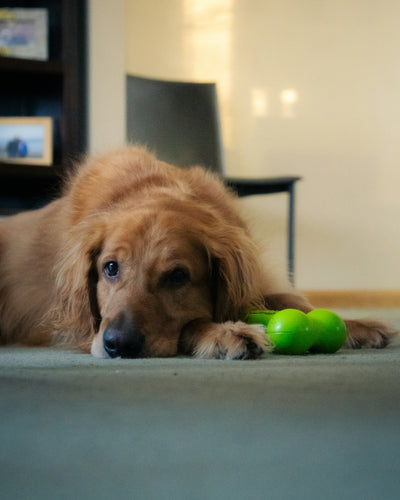
Leave a comment
This site is protected by hCaptcha and the hCaptcha Privacy Policy and Terms of Service apply.